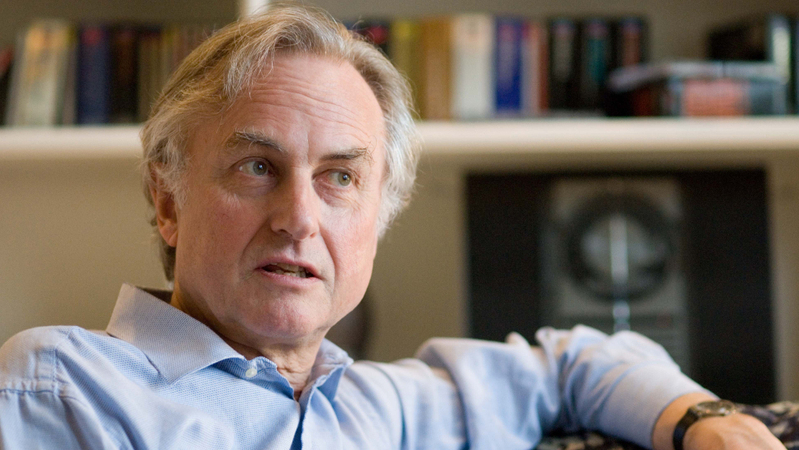
Richard Dawkins wants the world to know he never condemned fairy stories as harmful to children and says his reputation as a bore is unfounded.
"I wouldn't mind being cast as a big bad wolf, but I don't like being cast as a Gradgrindian bore," he told The Guardian. "Because I love the imagination."
The controversial evolutionist's comments were made to clarify a speech he gave earlier this week to an audience at the Cheltenham Science Festival . In his lecture, Dawkins revealed that he stopped believing in religion when he was about eight after having seen through Santa Claus when he was just 21 months old. Consequently, the scientists said children should be taught scientific "reality" from an early age.
"Is it a good thing to go along with the fantasies of childhood, magical as they are? Or should we be fostering a spirit of scepticism?" the Daily Telegraph quotes him as saying.
"I think it's rather pernicious to inculcate into a child a view of the world which includes supernaturalism - we get enough of that anyway.
"Even fairy tales, the ones we all love, with wizards or princesses turning into frogs or whatever it was. There's a very interesting reason why a prince could not turn into a frog - it's statistically too improbable."
In an interview with the Guardian, Dawkins, a former professor of the public understanding of science at Oxford University, clarified his statements, saying his remarks had been taken out of context.
"I did not, and will not, condemn fairy tales," he said. "My whole life has been given over to stimulating the imagination, and in childhood years, fairy stories can do that."
He added: "What I actually think is that fairy tales can be wonderful. They are part of childhood, they are stretching the imagination of children."
Following his earlier statements, the popular scientist, who wrote international bestsellers "The Selfish Gene" and "The God Delusion" raised the ire of many Twitter users.
"A war on imagination now? What a boring world it would be if Richard Dawkins were in charge," tweeted one user.
The former Labor Minister Tom Watson posted, "He is revered but Dawkins is a soulless bore. He dismisses 'mild paedophelia' and wants to ban fairy tales."
Lauren Child, children's author and creator of the "Charlie and Lola" series also publicly disagreed with Dawkins, telling BBC Radio 4, "I don't think [fairy tales have] anything to do with supernaturalism - I'm sure he [Dawkins] must know that. It's about a way of working things out. Children are always using the imaginary to work things out. Fairy stories are not so much about the magic, they are about figuring out the world."
However, Dawkins wants to pacify his critics, saying that he does not have a problem with fairytales themselves. Instead, he is concerned that encouraging children to believe in the supernatural will lead to a belief in God.
"Fairy stories might equip the child to reject supernaturalism when the time comes ... Santa Claus again could be a very valuable lesson because the child will learn that there are some things you are told that are not true. Now isn't that a valuable lesson? Unfortunately it doesn't seem to have had the desired effect in some cases, because after children learn that there is no Santa Claus, mysteriously they go on believing that there is a God," he concluded.







